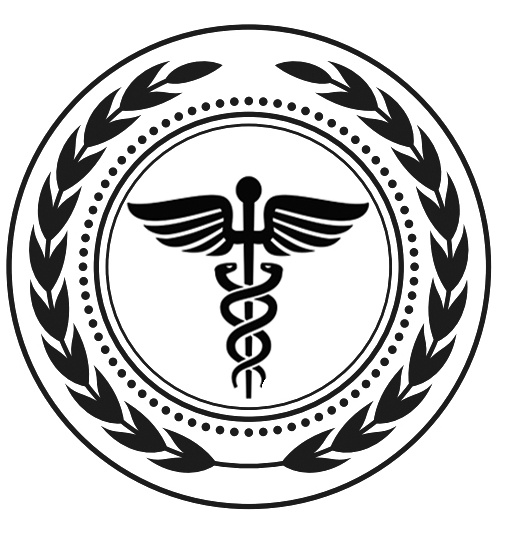WHY IS IT IMPORTANT TO HAVE A BOARD
CERTIFIED PSYCHIATRIST?
To practice medicine in the United States, doctors must be licensed by the state(s) in which they work. However, being licensed does not indicate whether a doctor is competent to practice in a specific medical specialty, such as child and adolescent psychiatry, adult psychiatry, or forensic psychiatry. Dr. Thompson is certified by the American Board of Psychiatry and Neurology in all of these areas of psychiatry.
To become Board certified, physicians apply for and are accepted into accredited residency and fellowship programs after medical school so that they may gain the education, training, and experience to provide patients competent care in a specific medical specialty or sub-specialty. These programs provide both education and practical training far beyond that required to obtain a basic medical license. After completing their residency and/or fellowship programs, physicians must then demonstrate their competence by completing the Board certification process through one of the 24 Member Boards that are part of the not-for-profit American Board of Medical Specialties (ABMS).
Before a doctor can become Board certified, each must complete: undergraduate education; post-graduate education leading to an M.D. degree from a qualified medical school; and three to five years of full-time experience in an accredited residency training program. Board Certification in Psychiatry requires passing a written exam and an oral exam, administered by a Member Board in psychiatry.
To maintain Board Certification, a doctor must actively keep pace with the latest advances in his or her specialty and demonstrate best practices for patient safety, communication, and ethics. The ABMS re-certification policy is that "maintenance of competence should be demonstrated throughout the physician's career by evidence of lifelong learning and ongoing improvement of practice." Requirements for re-certification include:
1) Maintaining a license in good standing with state licensing boards.
2) Periodically completing surveys of peers, which measure communication skills and professionalism.
3) Showing evidence of knowledge and judgment in current psychiatric medicine by passing a written exam.
4) Demonstrating evidence of a commitment to and involvement in lifelong learning (e.g. continuing education and certification).
5) Periodically showing evidence of self-evaluation of performance in practice (e.g. publishing research, professional journal articles).
For more information about Board Certification guidelines,
click here.

CHRISTOPHER R. THOMPSON, M.D.
LICENSES AND CERTIFICATIONS
- California Medical License #A72925, issued in 8/00, Medical Board of California
- Oregon Medical License #MD202108, issued in 10/20, Oregon Medical Board
-
Washington Medical License #MD61188330, issued in 7/21, Washington Medical Commission
-
Colorado Medical License #DR0067067, issued in 7/21, Colorado Medical Board
-
Texas Medical License #T3201, issued in 8/21, Texas Medical Board
-
Connecticut Medical License #72478, issued in 9/22, Connecticut Medical Examining Board
-
New Jersey Medical License #25MA11642000, issued in 9/22, State Board of Medical Examiners of New Jersey
-
Arizona Medical License #69732, issued in 4/23, Arizona Medical Board
-
New York Medical License #325074, issued in 7/23, New York State Education Dept., Office of the Professions
-
Illinois Medical License #036167653, issued in 11/23, Illinois Department of Financial and Professional Regulation
-
Board Certification in Psychiatry, Certificate #54401, issued in 9/04
Recertified in 2/14,
American Board of Psychiatry and Neurology, Inc. -
Board Certification in Forensic Psychiatry, Certificate #1581, issued in 5/05
Recertified in 4/15,
American Board of Psychiatry and Neurology, Inc. -
Board Certification in Child and Adolescent Psychiatry, Certificate #6129, issued in 11/06 Recertified in 4/15,
American Board of Psychiatry and Neurology, Inc. -
Board Certification in Addiction Medicine, Certificate #61-18819, issued in 1/24
American Board of Preventive Medicine, Inc. -
Board Certification in Addiction Medicine, Certificate #001058, issued in 3/09,
American Board of Addiction Medicine, Inc. -
Certified Correctional Health Professional, Certificate issued in 7/08
Recertified annually
National Commission on Correctional Health Care